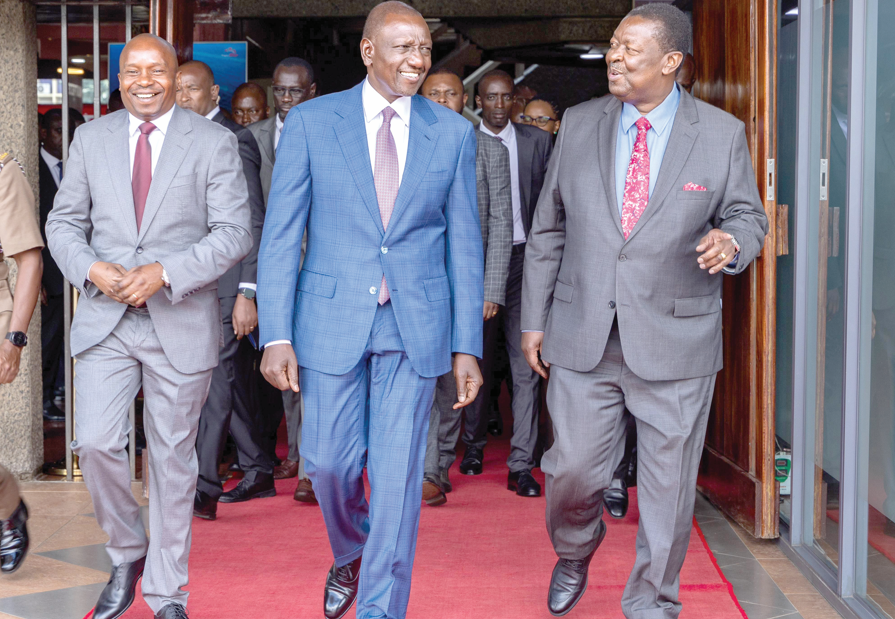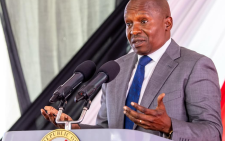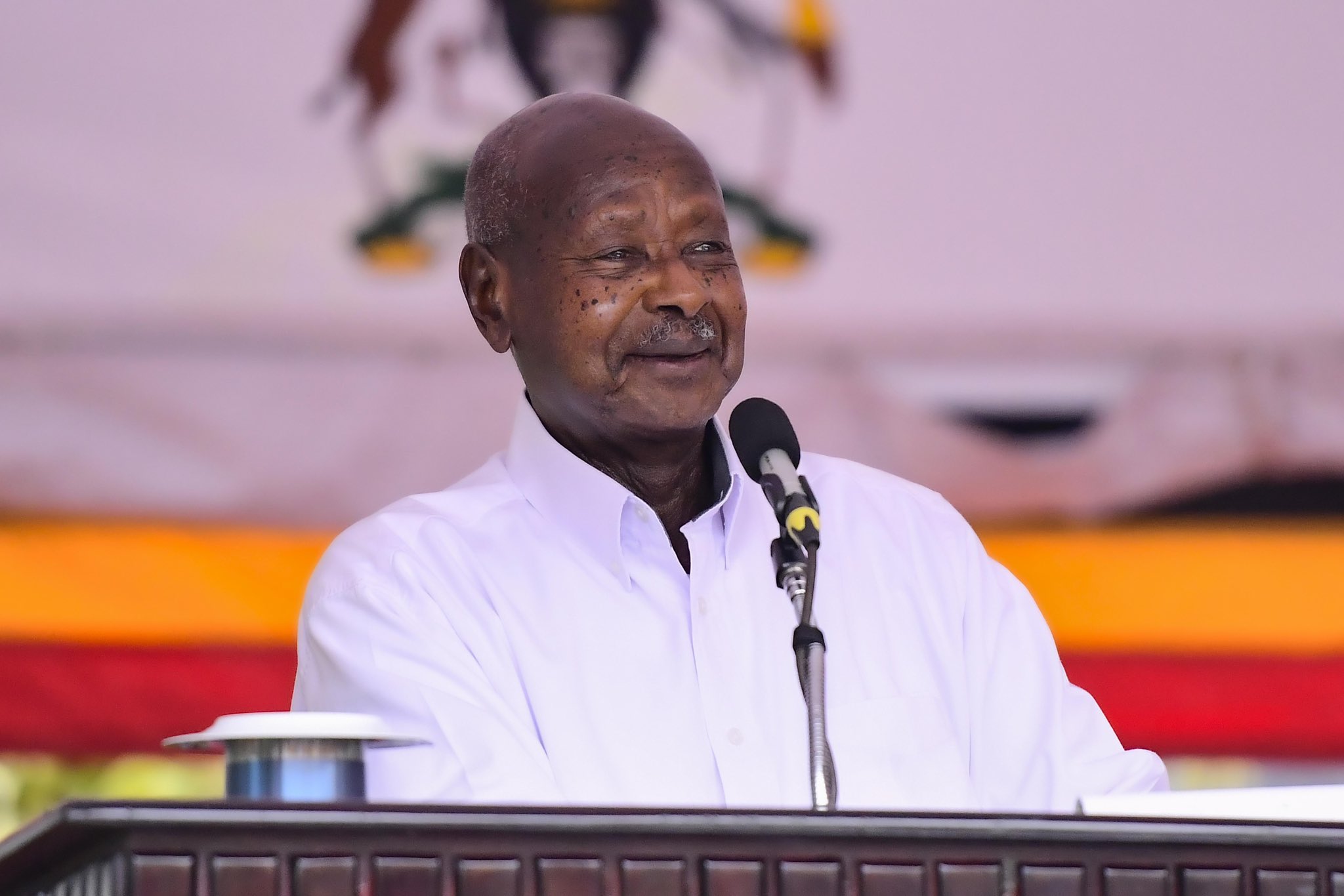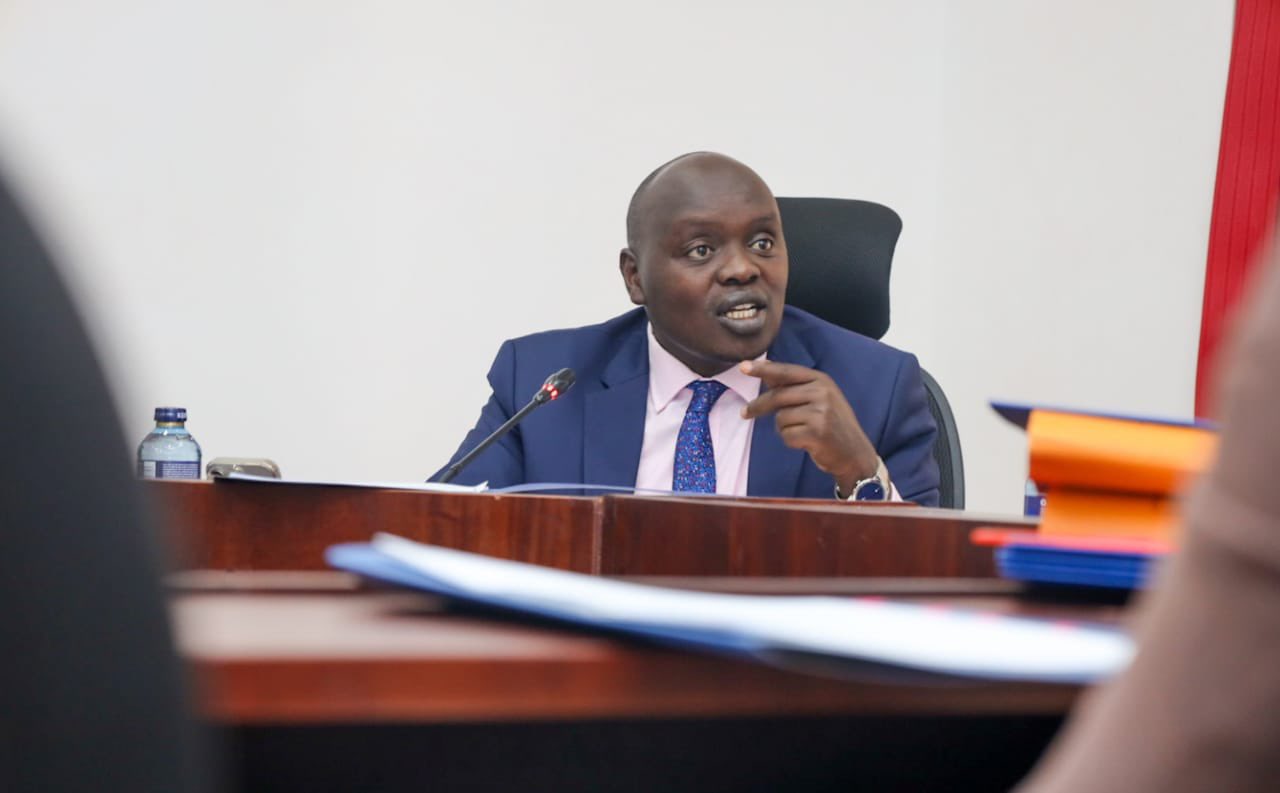Parliament fingered over lack of public participation

Parliament has been accused of undermining the rights of Kenyans while undertaking one of its key mandates of making laws whenever public participation is disregarded. Parliament is required to facilitate public participation and involvement in legislative and other business of the House and its committees. In most cases, Kenyans have had the courts to thank for nullifying some of the Bills passed by Parliament after flimsy public participation exercises. The judiciary has at times termed the public participation done by parliamentary committees before passing controversial bills as a cosmetic exercise.
The 2024 Parliamentary Scorecard report released by Mzalendo Trust reveals that public participation remains a challenge, due to the lack of a clear framework on what constitutes meaningful public participation.
Fast-tracked Bills
Mzalendo says there exists discrepancies between the period provided for citizen input for different Bills, ranging from between three and 20 days in the National Assembly, and three days and 24 days in the Senate, depending on the Bill in question and the responsible committees.
“Worryingly, the bills that have elicited high citizen interest seem to attract the lowest participation timelines. The Digital Health Bill, for example, had a public participation window of three days in the Senate, and the Social Health Insurance Bill had a public participation window of seven days in the National Assembly,” the report says.
Key Bills such as the Finance Bill 2024, the Affordable Housing Bill 2024 and other fiscal Bills, Mzalendo reported were fast-tracked in the legislative process without taking into account citizens’ needs.
The report, which highlights the Parliamentary work between August 2023 to November 2024 reveals that one Private Member’s Bill in the National Assembly and two in the Senate received presidential assent, while 20 government-sponsored Bills in the National Assembly and two in the Senate were signed into law.









